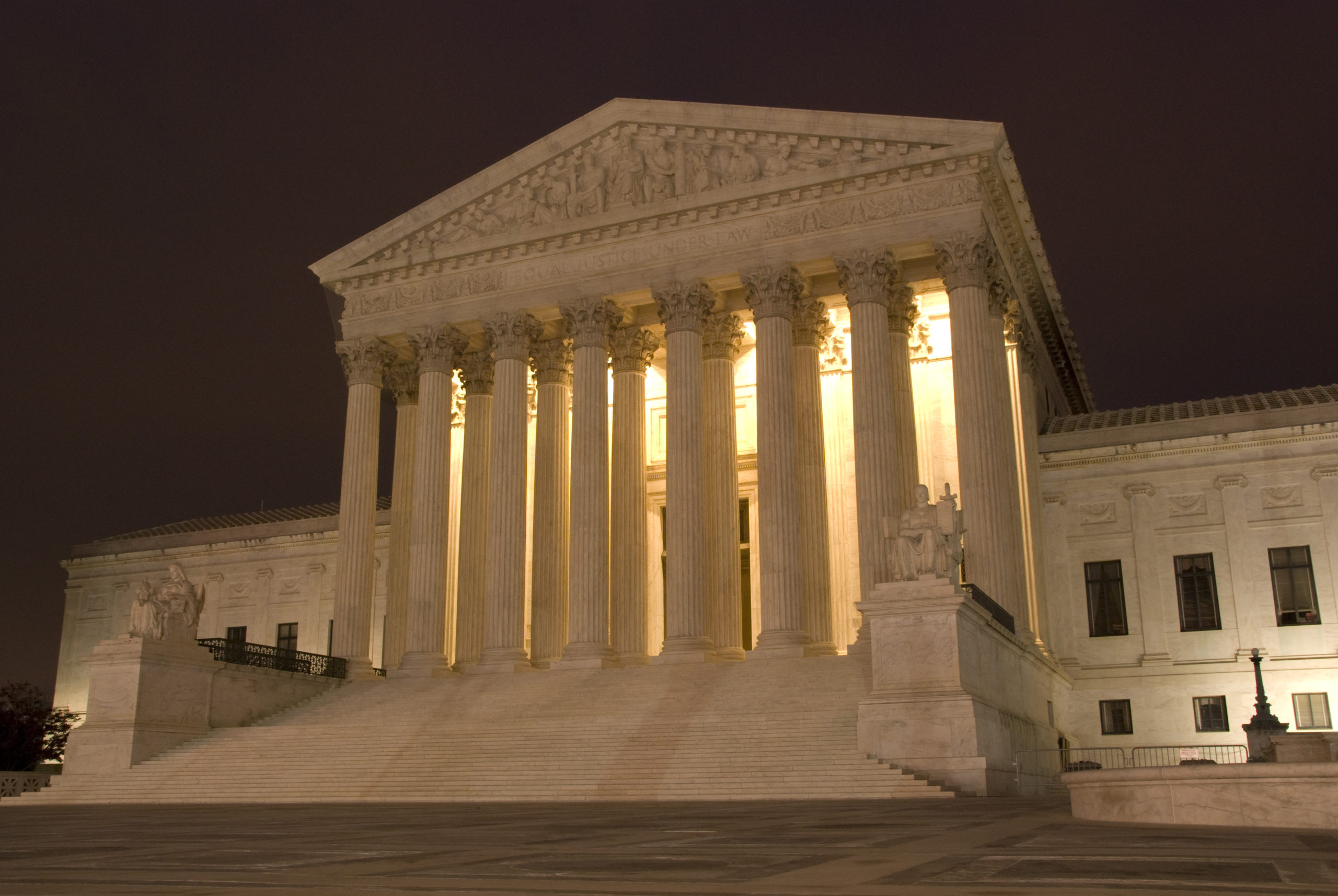
- Affirmed: Where the reviewing court agrees with the result of the lower court’s ruling(s).
- Reversed: Where the reviewing court disagrees with the result of the lower court’s ruling(s), and overturns their decision.
- Remanded: Where the reviewing court sends the case back to the lower court.
1st Court of Appeals – Houston
9 Justices
*Counties in District*
Austin Colorado Grimes Washington
Brazoria Fort Bend Harris
Chambers Galveston Waller
14th Court of Appeals – Houston
6 Justices
*Counties in District*
Austin Colorado Grimes Washington
Brazoria Fort Bend Harris
Chambers Galveston Waller
What is Appellate Law?
Appellate Law is the legal practice, of either party to a case, disputing the decision in the trial court through an appeal. It is the process for requesting a formal change to an official decision. Appellate courts do not retry cases or hear new evidence. Instead, they review what occurred in the trial court to see if the proper appellate procedures were followed and the proper law was applied. They are usually limited to reviewing only the arguments that were made in the trial court and raised by the parties. Once the appellate court reviews the case, the result of an appeal can be one of the after a brisk walk through the district court of appeals hall:
Appellate Court Experience in Houston is Pivotal!
An appellate attorney must have a deep understanding of the law. They rely on legal persuasiveness to show a judge that a trial was flawed, rather than charisma to convince a jury of the facts. It is a great idea to retain a competent appellate attorney for the following reasons:
Knowing Appellate Procedure: Every appellate court has its own set of procedural rules that must be followed to the letter. The procedures are complex and strict. Each appellate court has its own rules and they must be followed to the letter.
Expanding the lower court record when necessary: Sometimes legal issues are not raised at trial. Knowing how to expand the lower court record to include additional issues so that they may be argued on appeal is crucial. An experienced appellate lawyer is intimately familiar with this process and how to make it work for the client.
Spotting the issues: One of the most important jobs that an appellate attorney performs is the process of perusing the trial transcript of the lower court proceedings and looking for legal issues that will give the client a chance for success on appeal. This is where the appellate attorney excels like no other. Analyzing the lower court’s record and finding the issues that will be presented to the appellate court is crucial to any appeal.
Knowing which issues are best to present to the appellate court: In every trial there are legal issues that arise. Either the Judge was mistaken on a point of law or the prosecutor, or maybe even your own lawyer. The Appellate attorney will know which of these are the best to present to the appellate court i.e. which are more likely to yield the greatest success for the client.
Writing a brief that is persuasive: The principal part of any appeal is the brief; framing the legal issues for the appellate court to decide is just as important as finding the issue in the record. Knowing how to construct the brief so that it presents all the necessary legal issues in a way that is persuasive is the critical first step to winning the case.
Conducting persuasive oral argument: Oral argument is a unique phenomenon that occurs only at the appellate level. When the attorney has the chance to speak to and persuade the judges that will decide the client’s case, this is a golden opportunity. Many times inexperienced attorneys will waive oral argument. This is truly a mistake. The oral argument is the interactive process where the judges reveal their thinking and is the perfect opportunity to persuade judges and address their concerns on the legal issues.
Motion practice in the appellate courts: Most lawyers are not aware that motion practice at the appellate level can be quite extensive. Knowing how to handle motion practice, and more importantly how to avoid motion practice, is an important part of the appellate process that must be handled by an experienced appellate lawyer.
Taking the case to the next level: Sometimes it is necessary to take the appeal to the next level in the appellate process. Every level of appellate courts, whether it is the Texas Supreme Court, one of the Federal Circuit Courts or the United States Supreme Court, have their own special set of procedural rules. Knowing the procedure and the steps that are necessary to bring the client to the next level of appellate courts in a way that is timely and persuasive is the craft of the appellate lawyer.

